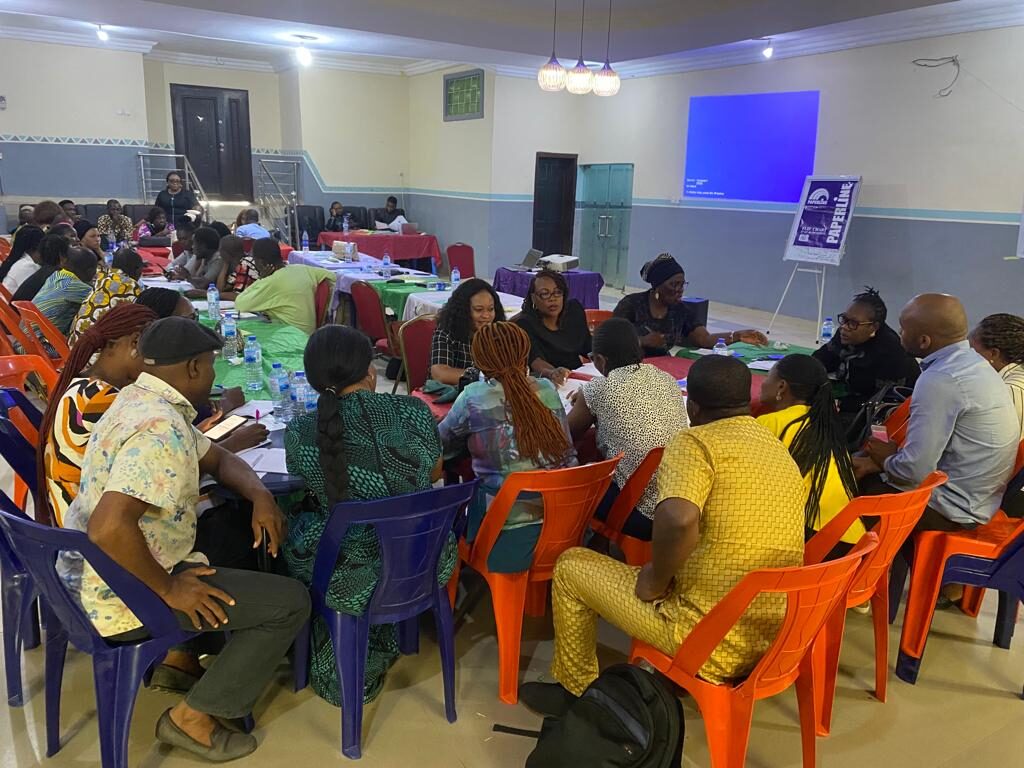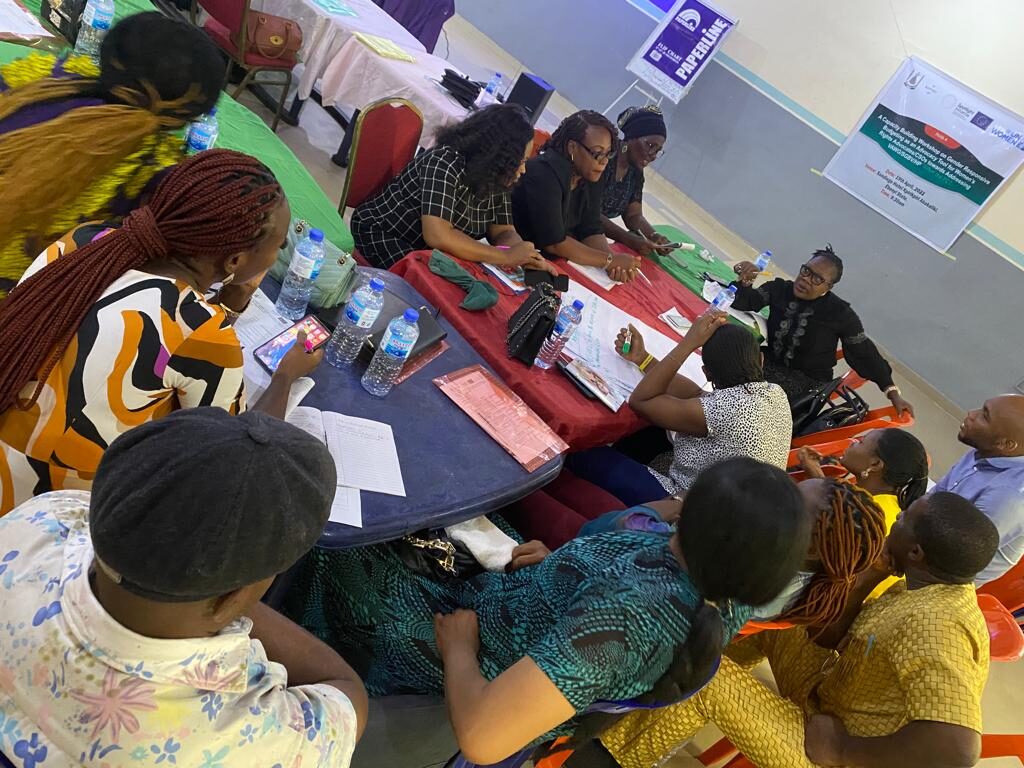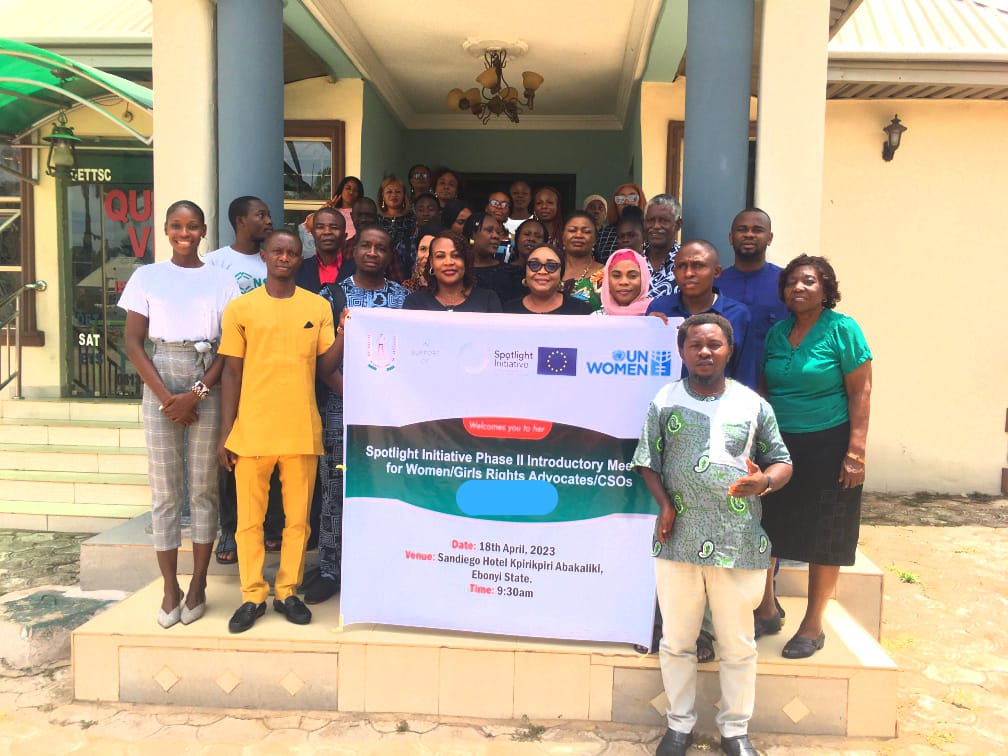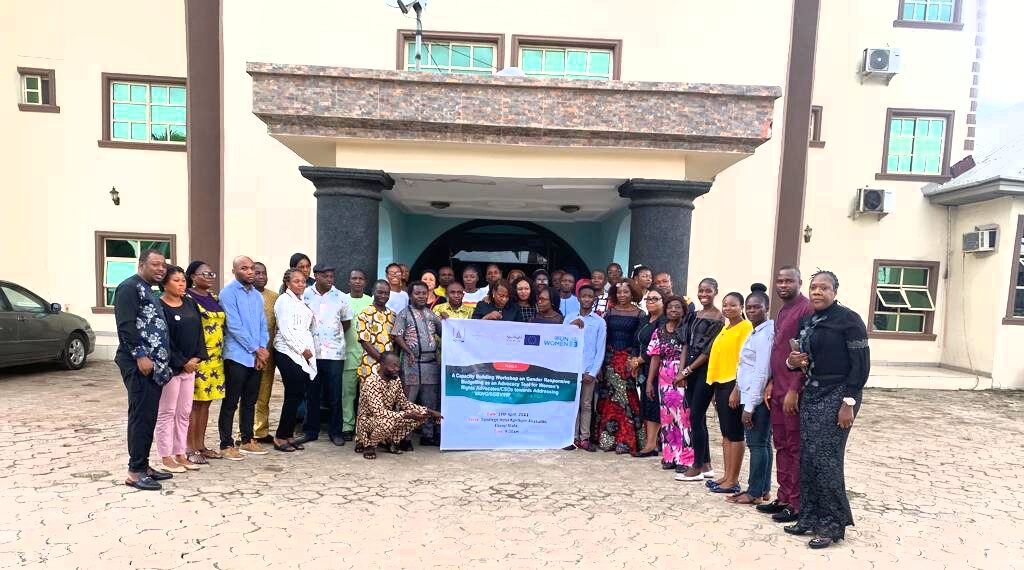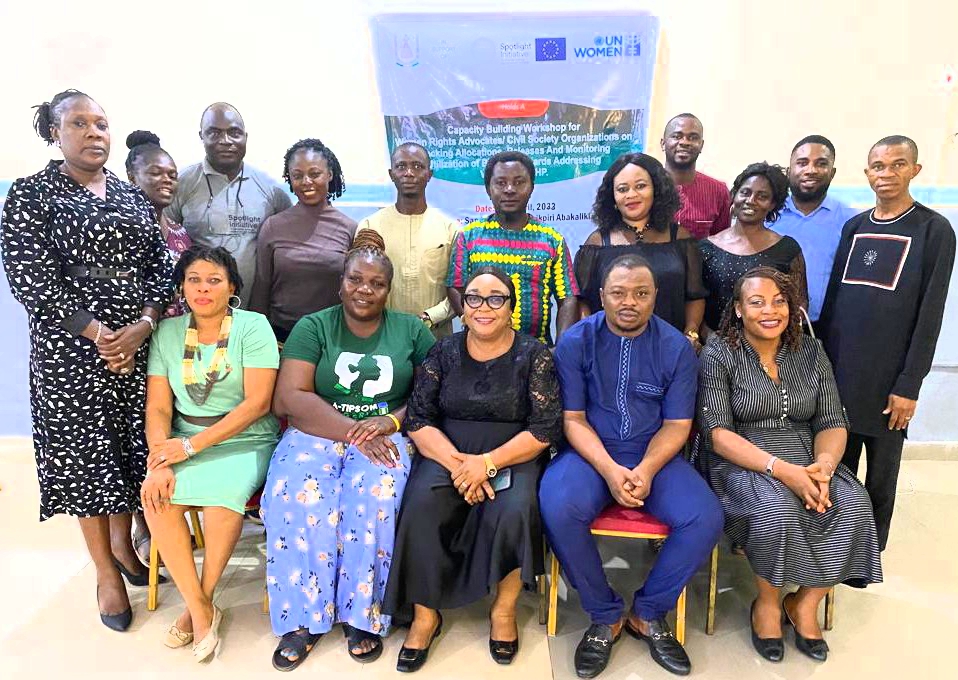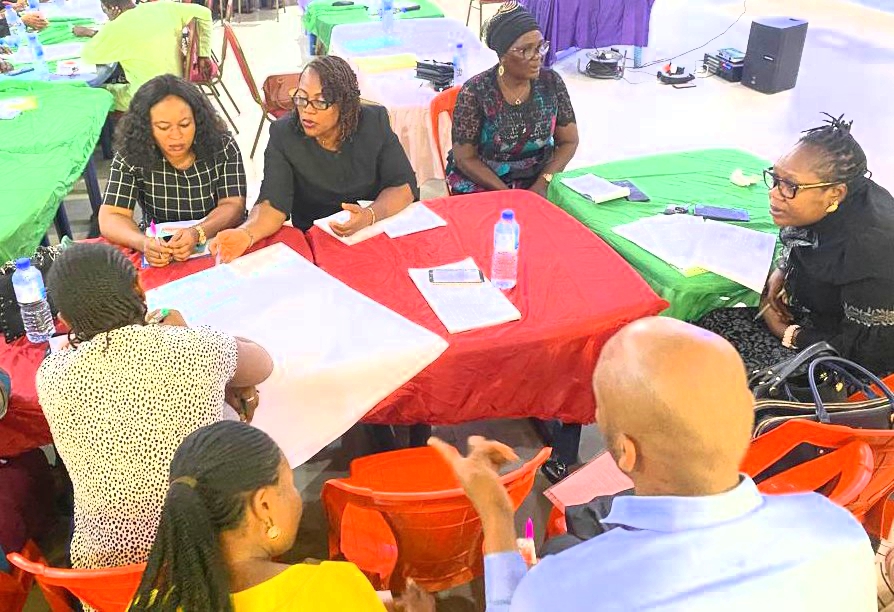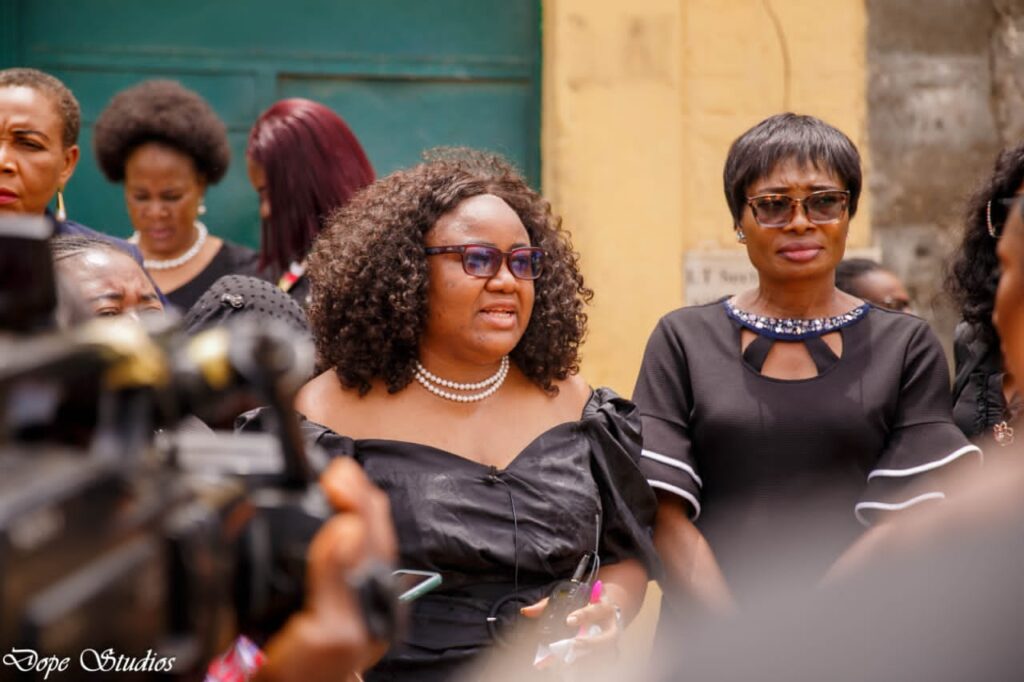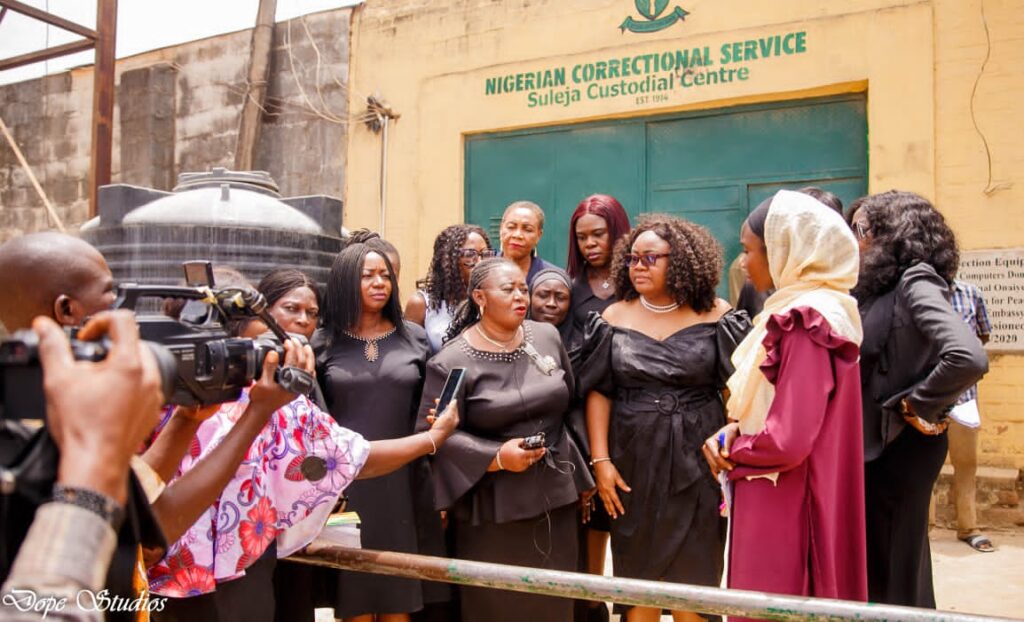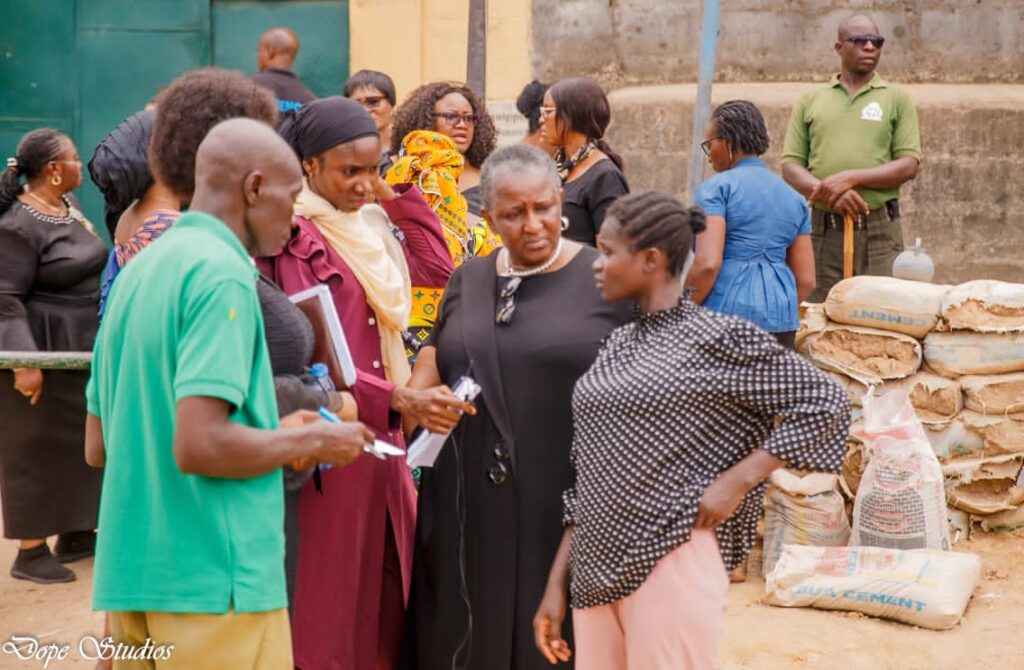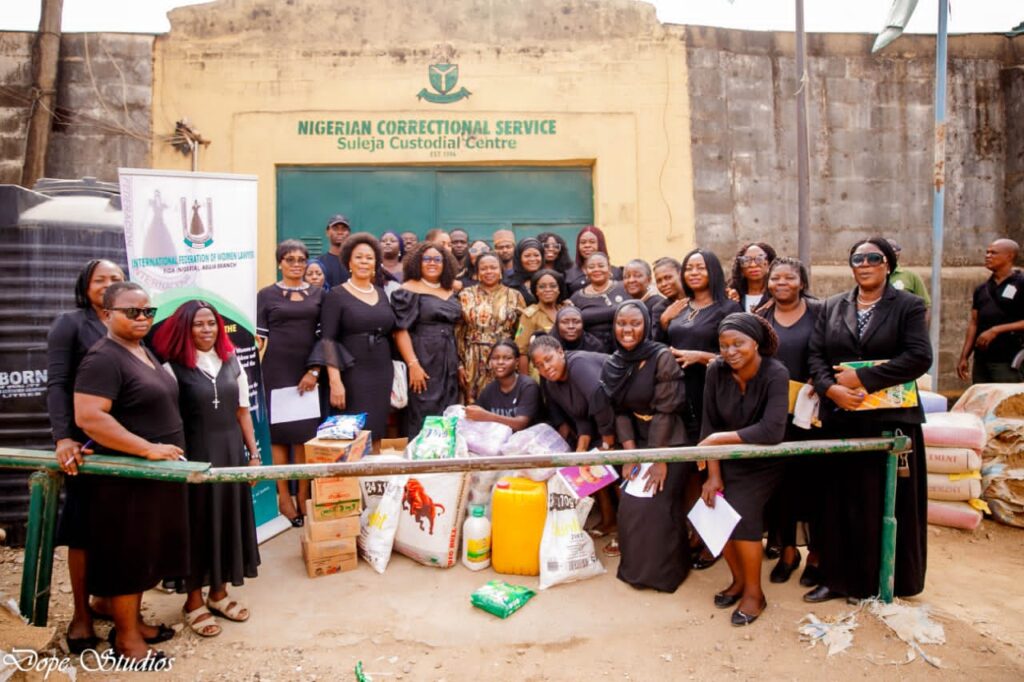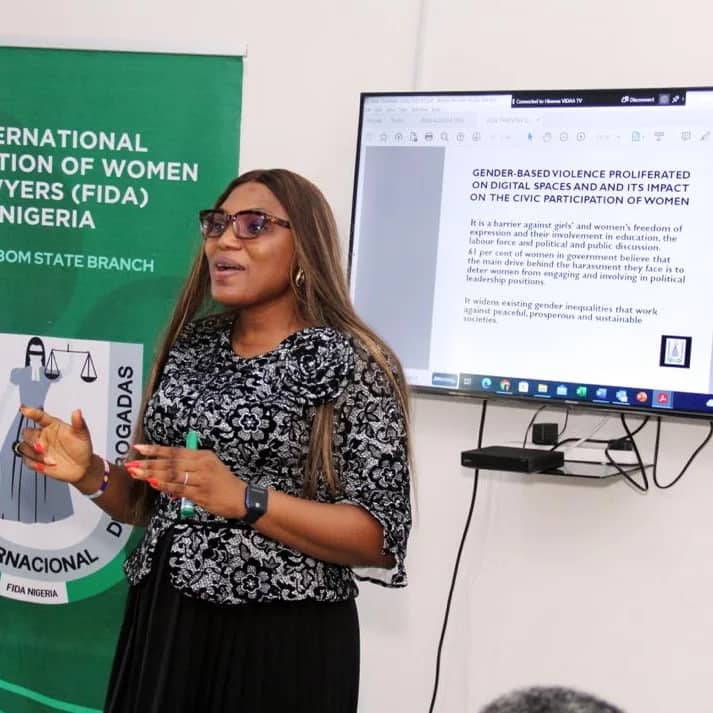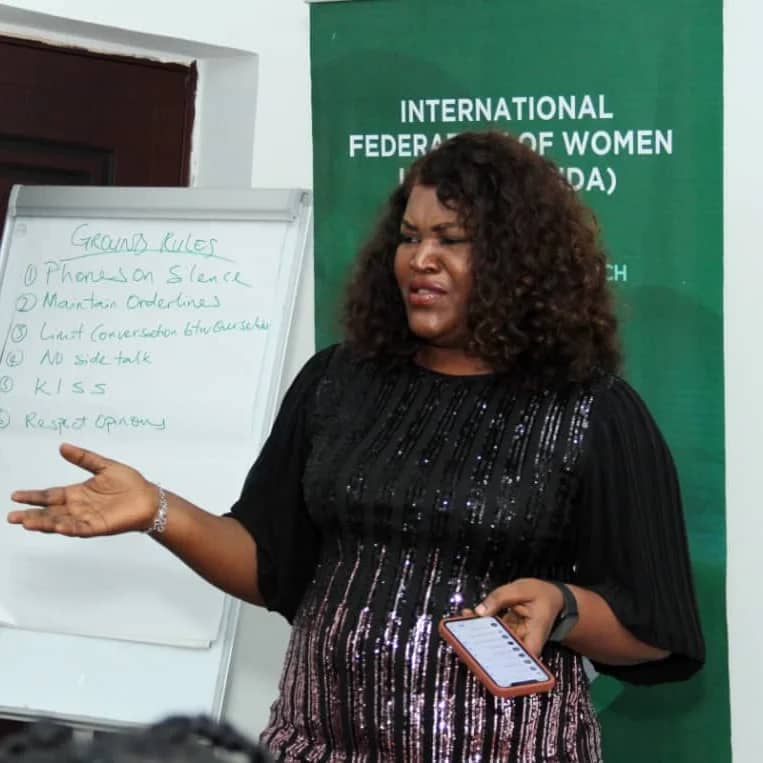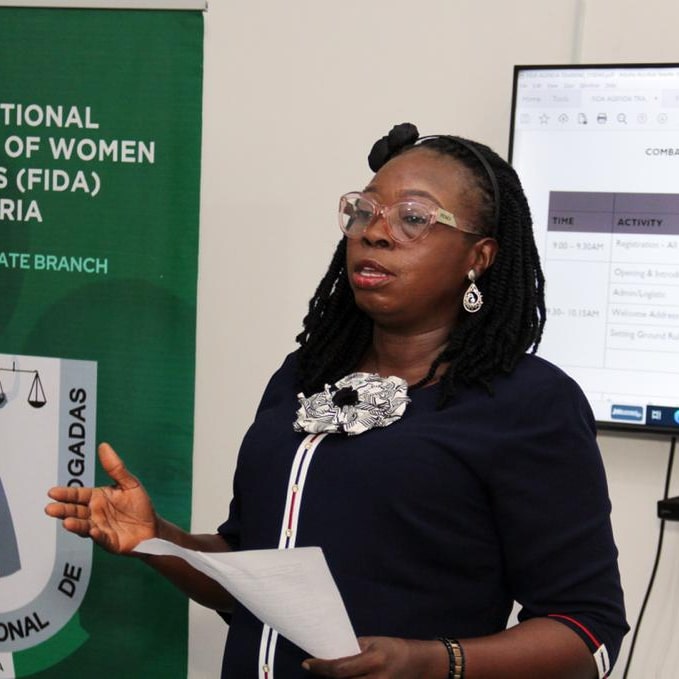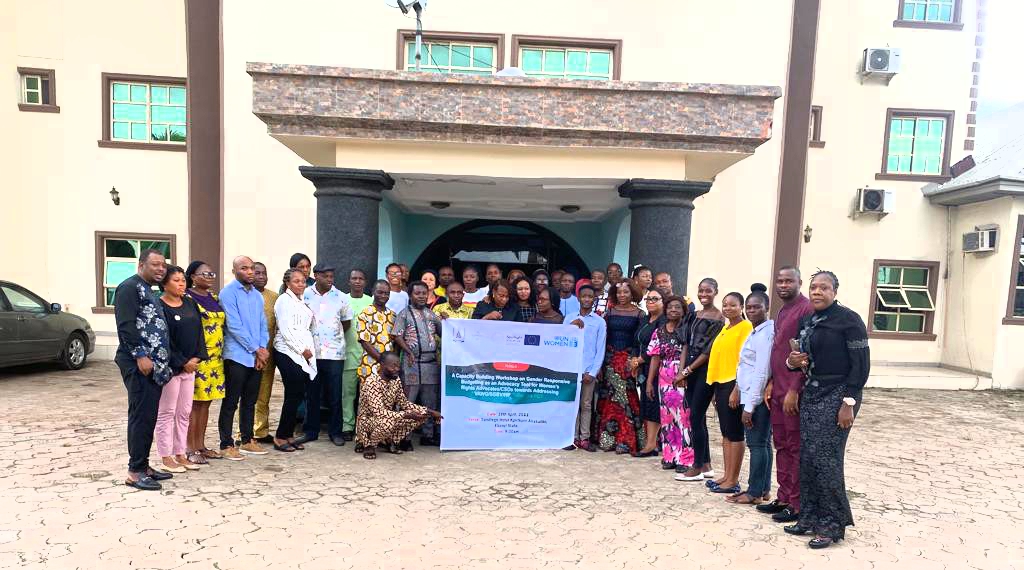
FIDA Nigeria Held a 3-day Training on Gender Responsive Budgeting
Women remain under-represented in public life, which means that government policy, including economic policy may not take their needs and priorities into account. Policies which appear neutral on the surface may have unintended consequences, including increasing gender inequality.
On this premise, FIDA Nigeria on the 18th to 20th of April 2023, held a 3 day Training Session on Gender Responsive Budgeting as an important Advocacy Tool for Tracking Allocation, Releases, and Monitoring Utilization on Budgets towards addressing VAWG/SGBV/HP in Ebonyi State.
The capacity of the participants were measured through Pre and Post Evaluations and further through group work. They all made their commitments to lead coordinated advocacies to relevant MDAs in an effort to make sure that gender line items appear in every budget and also make sure that allocated resources for gender programs are utilized to improve on the expected outcomes.
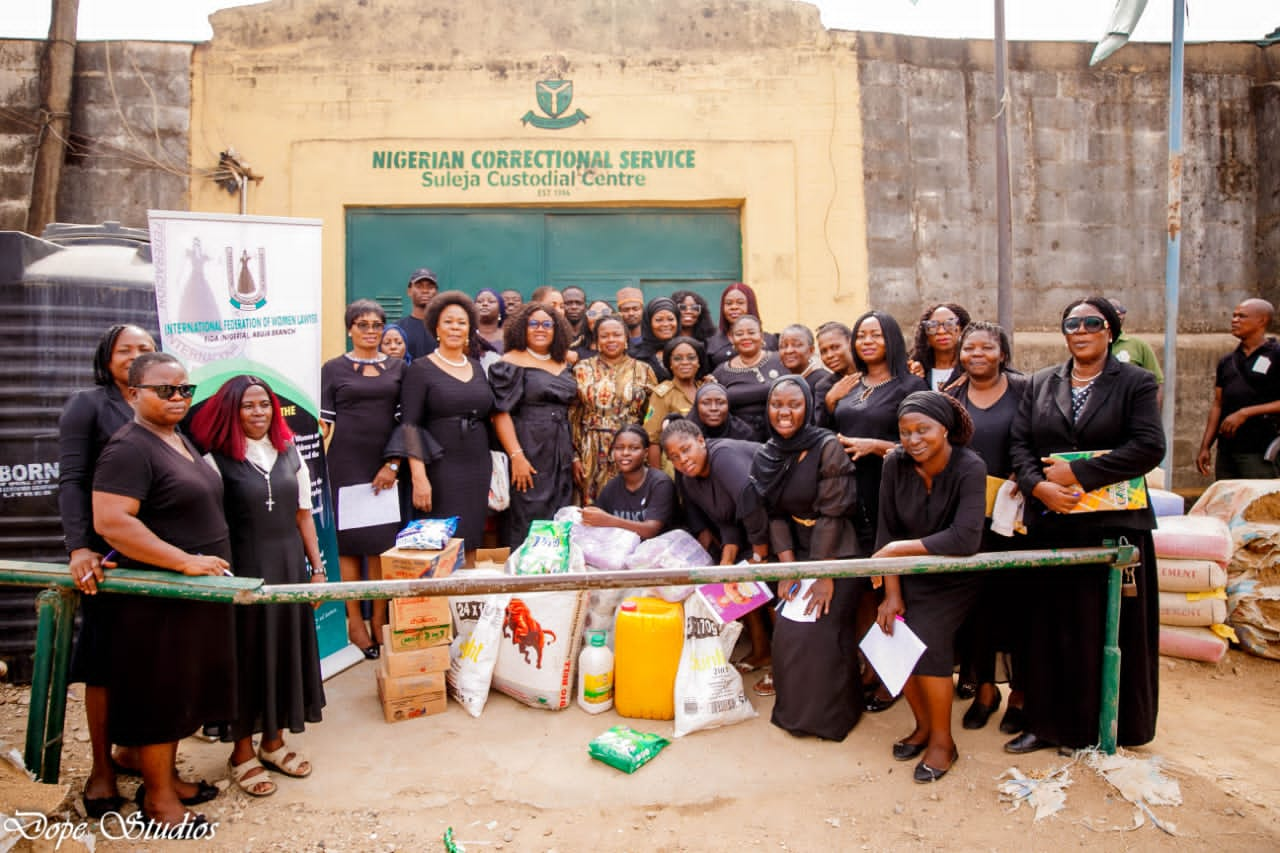
FIDA Re-affirms Mandate at the Suleja Custodial Centre
On the 18th of April 2023, the branch led by the Chairperson, Chibuzo M. Nwosu visited female inmates of the Suleja Custodial Centre, Niger State.
The visit was made to secure the release of a female inmate whose fine was paid by the branch as part of her mandate and activities and also to commemorate the golden jubilee (50th birthday) of Mrs. Sarah Dejo.
The outing was graced with the presence of the Country Vice President (FIDA Nigeria), Mrs. Amina Susana Agbaje and notable members of the branch.
The Chairperson of the Branch, Chibuzo M. Nwosu, said that the visit was a success owing to the show of support of members from the three branches which include FIDA Gwagwalada, Niger State and Abuja chapters.
She however advised governments and NGOs to continue to show support by ensuring that the Correctional Service Centres and inmates were in proper conditions.
The Chairperson, FIDA Correctional Service Centre Committee, Dr. Rosemary Chikwendu, while stating the plan to reach out to sponsors to pay all outstanding fines of the inmates, said the visit was made out of love and to celebrate Mrs. Sarah Dejo’s 50th birthday.
According to the Committee Chair, “Reaching the Court, part of the compensation will be paid, but as inmates, you must be of good behaviour so that we can recommend you like the person that was recommended today”.
She advised the inmates to ensure they learn the various skills being taught in the Correctional Centre as it could be useful to them in life and be of good behavior.
The Chairperson of FIDA Gwagwalada, Prof. Josephine Agbonika SAN, reiterated that good behaviour counts as it helps in the release of the inmates from the Centre.
She however advised the inmates to abide by the rules of the Centre, saying it is not the end of the world.
Responding on behalf of other female inmates, Nene Odinze, appreciated the women lawyers for their donations and appealed for their support by providing educational materials like textbooks and notebooks as some of the inmates will enroll for WAEC and JAMB.
At the end of the visit, items such as Provisions, Sanitary Towels, Bags of Rice, Toilet Rolls, Detergents, Izals and Toothpaste, were donated by the branch.
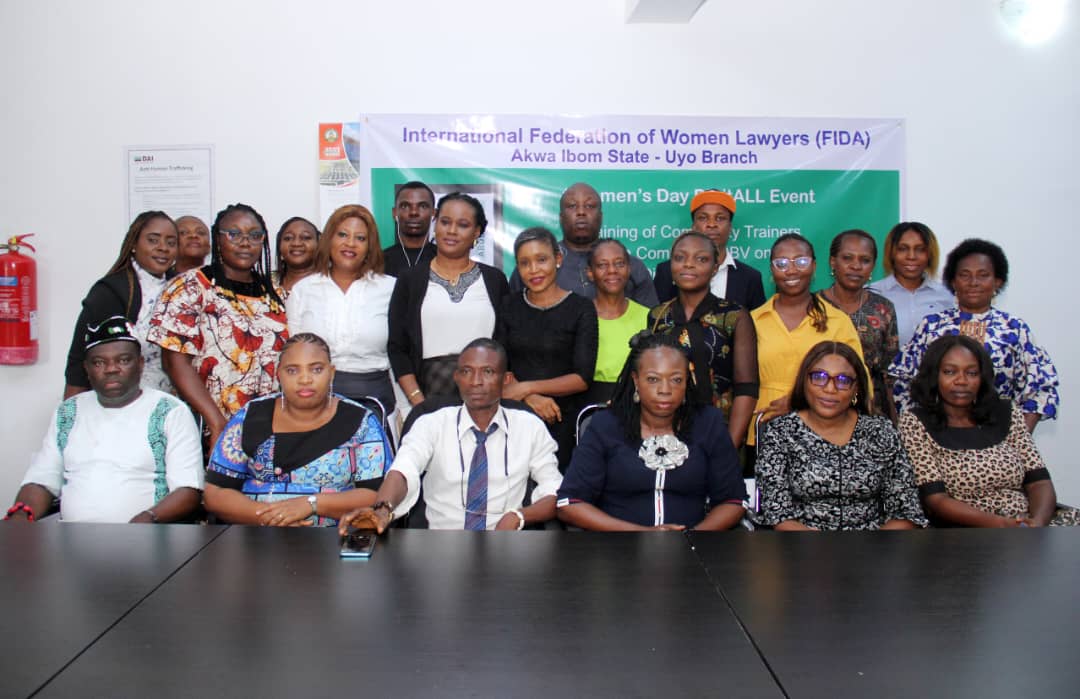
FIDA Uyo Partners with USAID trains CSOs to leverage on digital platforms to drive their advocacy
On the 15th of March FIDA Nigeria Uyo Branch, in collaboration with the USAID-funded State Transparency, Accountability and Effectiveness activity trained women-led groups, media groups, and civil society organizations on combatting Gender-Based Violence in digital spaces.
A total of 26 participants were in attendance. The modules focused on identifying the forms of GBV proliferated in digital spaces and the role of community trainers in helping local communities address these issues. The training also highlighted the gender digital divide citing GBV as a key factor.
The training built the capacity of civil society organisations to leverage digital platforms to drive their advocacy in the face of shrinking civic spaces.
Participants’ capacity to address the challenges that trail digital advocacy efforts at addressing Gender Based Violence was further built.
Participants came up with action plans to build the capacity of their local communities through step-down trainings. The step-down training is expected to build the capacity of over 100 local community leaders on these forms of violence.


